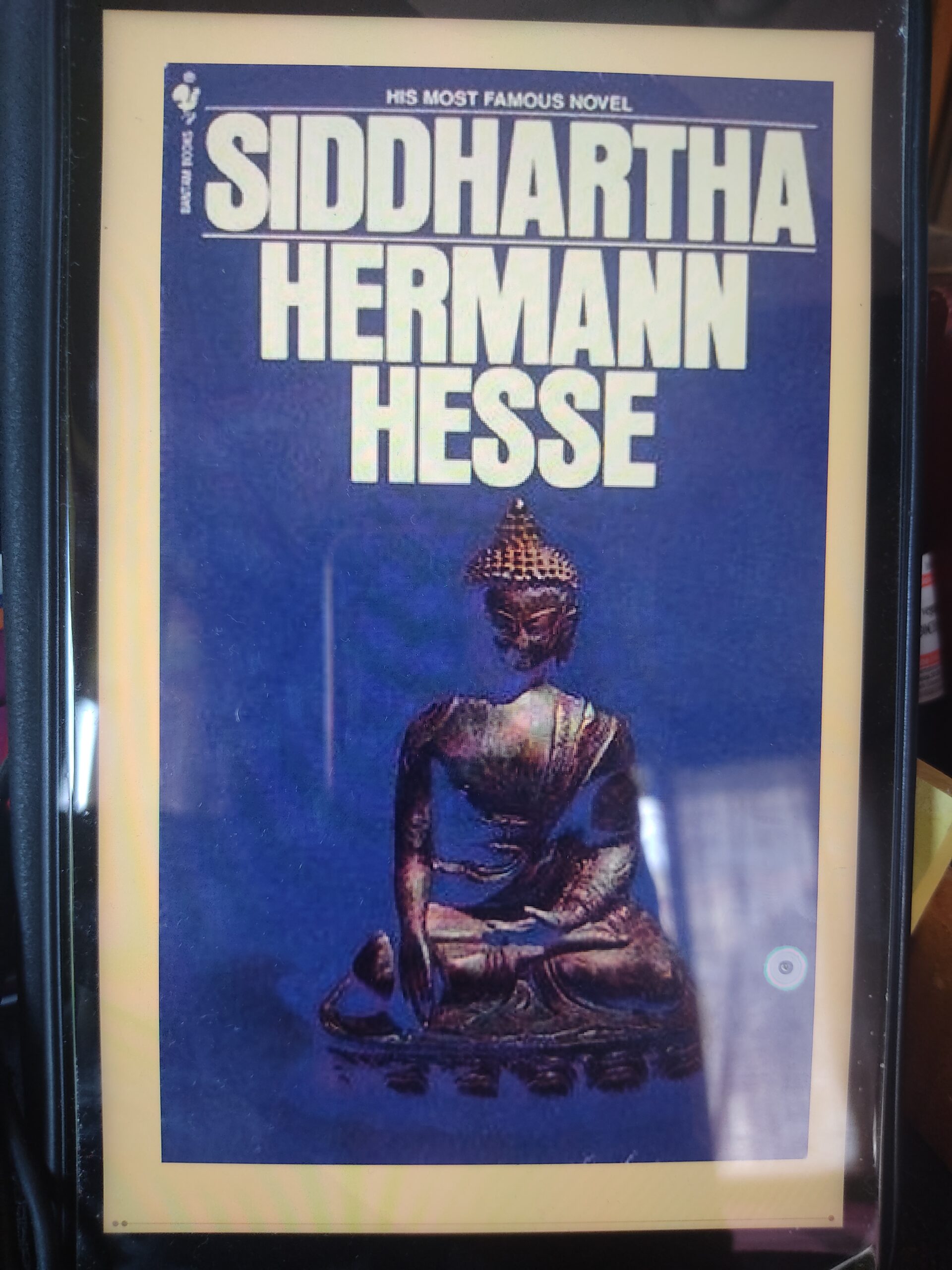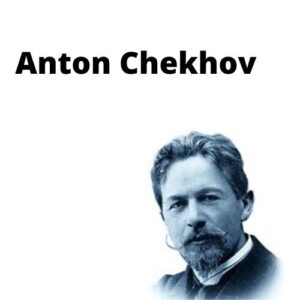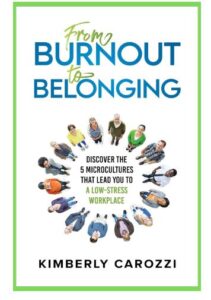
Book: Siddhartha (1922)
Author: Hermann Hesse
Publication: RHUS
Pages: 160
Price: Click the link
Synopsis of Today’s Discussion:
-
Author Introduction
-
Book Parts
-
Goutama Buddha and Siddhartha
-
Govinda vs Siddhartha two ways of life
-
Vasudeva, the wise boatman
-
Most significant Last Chapter: Govinda
-
Alvina’s Verdict
Author Introduction:
Hermann Karl Hesse (1877-1962) was a popular and famous German novelist. He is famous for his novel Siddhartha. He received the Nobel Prize in 1946 for literature. His other famous novels are:
The Glass Bead Game
Siddhartha
Steppenwolf
Narcissus and Goldmund
Demian
Book Parts:
The book is divided into two parts: The first part is dedicated to Romain Rolland, the author’s friend and the Second part is dedicated to Wilhelm Gundert, the author’s cousin in Japan.
-
In the Ist part, there are four chapters-
-
The Son of the Brahman
-
With the Samanas
-
Gotama
-
Awakening
-
In the 2nd part, there are eight chapters-
-
Kamala
-
With the childlike people
-
Sansara
-
By the river
-
The Ferryman
-
The Son
-
Om
-
Govinda
Goutama Buddha and Siddhartha:
Here in this novel, Hesse presents Gautama Buddha and Siddhartha as two different individuals. But Siddhartha’s later name was Buddha. And he was called Goutama as he was reared up by his aunt Goutami after his mother’s death. Anyway, the symbolic journey of Siddhartha on his way to emancipation is the journey of every samanas.
Govinda vs Siddhartha two ways of life:
-
Friend Govinda:
Rigorous follower without questioning … symbol of blind following.
-
Siddhartha:
Questioning always gnaws within him…nothing can bound him…no strict rule…. no path …he creates his own path and discovers his own route.
Vasudeva, the wise boatman:
Vasudeva the boatman is the wisest man in this book as I feel. He never forces, never instructs always helps others silently, diligently. His attitude of calm composed simplicity cloaked with a pearl of grave wisdom is something unique. He let Siddhartha proceed on his way to search for his fugitive spoiled son though he knew at his heart it is of no use. He let Siddhartha perceive that unfurling fountain of joy within without getting distracted by any mundane touch. And when Siddhartha achieved that glory Vasudeva takes leave:
“I’ve been waiting for this hour, my dear. Now that it has come, let me leave.” As if he was waiting for Siddratha’s ‘bodhi’
Most significant Last Chapter: Govinda:
The last chapter of the book named Govinda is the most significant part. Through the conversation between Siddhartha and Govinda, the author masterfully laced all the configurations of his insightful expeditions into a perfect conclusion. Throughout his life, Govinda searches…and one searches with utmost concentration his attention on finding only that object, that goal keeps him limited.
“Finding means: being free, being open, having no goal.”
And the searcher can not see other objects except the things he searches for.
Siddhartha left Goutama to find the meaning of his life or all the earthly lives. He plays all the roles in his way to find the truth…he became the ‘Samana’, he became the rich merchant, he became the lover of Kamala, he became the husband, he became the father and he became the ferryman. He changes his robes many times to find the soul. Govinda always believes in the teaching of a teacher. But Siddhartha believes in learning on his own.
“Wisdom cannot be passed on. Wisdom which a wise man tries to pass on to someone always sounds like foolishness.”
“Knowledge can be conveyed, but not wisdom.”
Alvina’s Verdict:
-
Siddhartha by Herman Hesse gives way to different thoughts…that kindled variegated emotions and I feel most of my confused thoughts are gradually detangling their threads as the life and journey of Siddhartha was shedding light on different aspects of human life, particularly the life of spiritual quest.
-
One powerful missive that I have gained from this book is a spiritual quest cannot be attained by going away from life but by taking part in life. Spirituality is at the core of the human soul’s search for the soul.
-
No institution, no guru can teach you spirituality. Only can give some hints, and suggestions on your journey from their experience.
-
But every soul’s journey is individual and discrete and only through clash conflict one can attain that.






